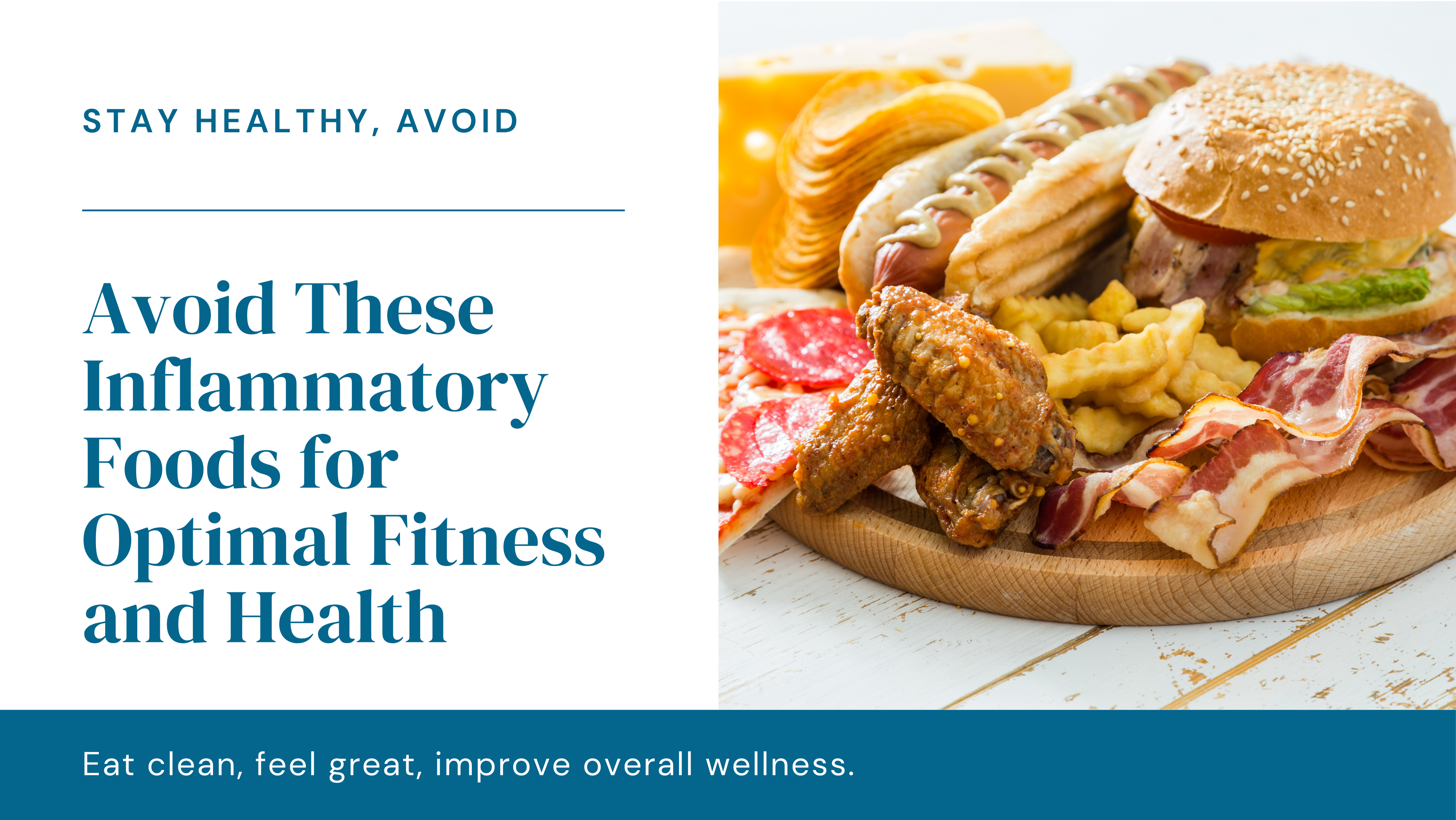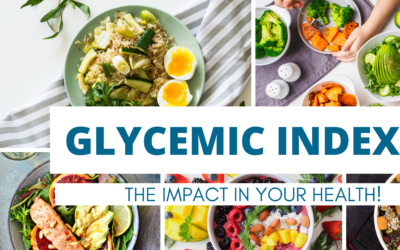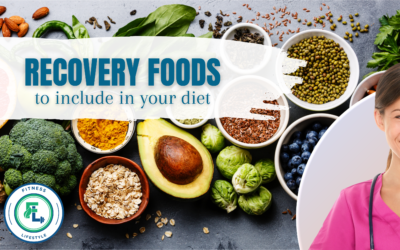“Inflammatory Foods to Avoid for Optimal Fitness and Health”
Inflammatory foods are those that can trigger or exacerbate inflammation within the body, leading to a range of health issues. Common culprits include processed sugars, refined carbohydrates, trans fats, and certain red meats. When clients consume these foods regularly, they experience chronic inflammation, which has been linked to a multitude of health problems such as heart disease, diabetes, and certain cancers. Additionally, inflammation can contribute to weight gain, fatigue, and joint pain, all of which can severely impact one’s quality of life. By understanding and identifying these inflammatory foods, clients can take proactive steps toward better health.
Improving nutrition by eliminating or reducing inflammatory foods and incorporating more anti-inflammatory options, such as fruits, vegetables, whole grains, and healthy fats, can offer numerous benefits. Clients often report increased energy levels, improved digestion, and enhanced mental clarity. Furthermore, a diet rich in anti-inflammatory foods can support weight loss efforts and reduce the risk of chronic diseases. The importance of good nutrition cannot be overstated, as it lays the foundation for overall well-being and longevity. Clients who prioritize their nutrition often find themselves feeling more balanced and capable of handling daily stressors.
Benefits of working with a personal trainer
Working with a personal trainer can amplify these benefits significantly. A personal trainer provides personalized guidance, motivation, and accountability, which can be crucial for clients looking to make lasting lifestyle changes. They can design tailored exercise programs that complement clients’ nutritional goals, ensuring a holistic approach to health and fitness. Additionally, personal trainers can educate clients about the importance of balanced nutrition and help them navigate dietary choices that support their fitness objectives. With the combined efforts of improved nutrition and personalized fitness training, clients can achieve a higher level of health and wellness, leading to a more vibrant and fulfilling life.
Here is a List of Inflammatory Foods that Can Contribute to Poor Health:
1. Processed Meats
Processed meats like sausages, bacon, and deli meats are often high in saturated fats and preservatives, which can trigger inflammation. The high levels of advanced glycation end products (AGEs) in these meats can also contribute to inflammatory responses.
2. Refined Carbohydrates
White bread, pastries, and other refined carbohydrates have a high glycemic index, causing rapid spikes in blood sugar levels. This can lead to an increase in inflammatory markers in the body over time.
3. Sugary Beverages
Sodas, energy drinks, and sweetened teas are loaded with sugars that can cause inflammation. High sugar intake can lead to insulin resistance, which is closely linked to inflammatory processes in the body.
4. Fried Foods
Fried foods like french fries, fried chicken, and doughnuts are high in trans fats and advanced glycation end products (AGEs), both of which are known to promote inflammation.
5. Artificial Trans Fats
Found in many margarine brands, packaged baked goods, and fast foods, artificial trans fats are notorious for causing inflammation and are linked to an increased risk of chronic diseases.
6. Excessive Alcohol
While moderate alcohol consumption can have some health benefits, excessive intake can lead to inflammation. It can damage the gut lining, leading to inflammation throughout the body.
7. Excessive Omega-6 Fatty Acids
While omega-6 fatty acids are essential, an imbalance between omega-6 and omega-3 fatty acids can promote inflammation. Common sources include vegetable oils like corn, safflower, and sunflower oils.
8. Dairy Products
Some people may experience inflammation from dairy products due to lactose intolerance or casein sensitivity. Common inflammatory reactions include bloating, gas, and digestive discomfort.
9. Gluten
Individuals with gluten sensitivity or celiac disease can experience inflammation upon consuming gluten-containing foods such as wheat, barley, and rye.
10. Processed Snacks
Chips, crackers, and other processed snacks often contain high levels of trans fats, sugars, and artificial additives, all of which can contribute to inflammation.
Hopefully reading about these foods and their impact on inflammation can help readers make more informed dietary choices, potentially improving their overall health and well-being. Remember to consult with healthcare professionals before making significant dietary changes.
For personalized fitness and nutrition guidance, contact Mariela at 832-993-1155 to schedule a fitness assessment. Don’t forget to follow our Facebook page for daily updates and visit our YouTube Channel for a variety of stretches and workouts. Let’s embark on this journey towards better health together!





0 Comments